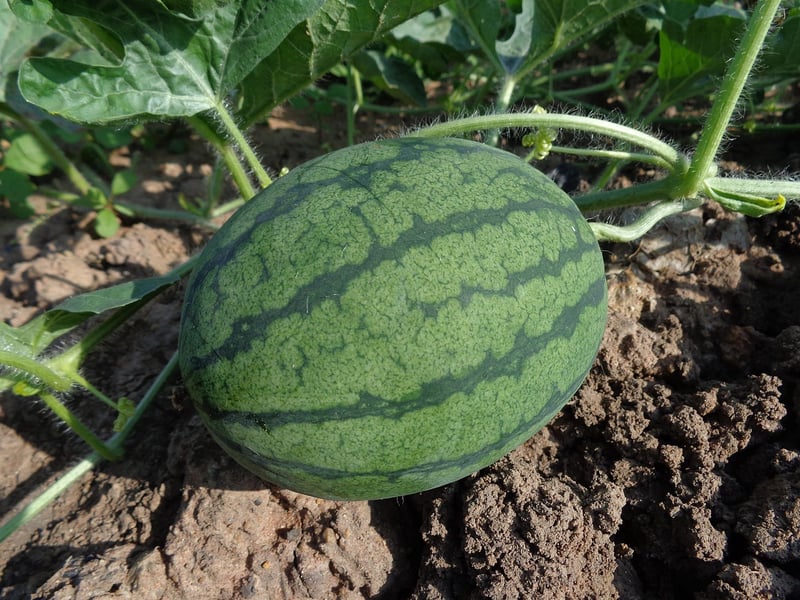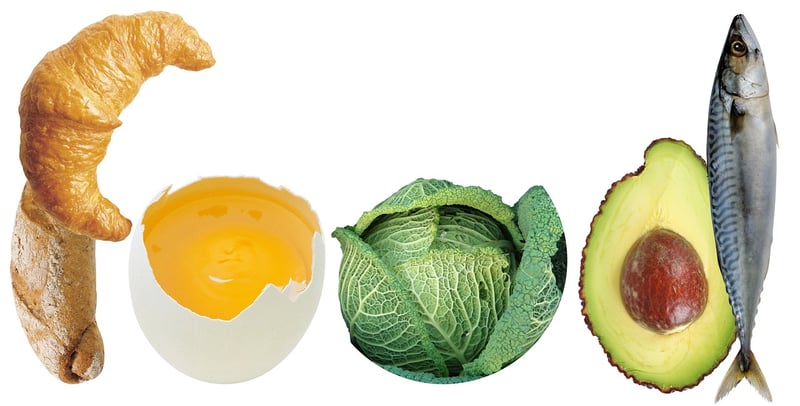Soil Nutrients
Essential Guides for Healthy Plants and Soil Nutrients
Introduction
Having healthy plants is every gardener's dream. In addition to proper care and watering, understanding soil nutrients is crucial for plant growth and development. This guide will provide you with essential tips for maintaining healthy plants and ensuring your soil is nutrient-rich.
1. Choose the Right Plants
Not all plants thrive in the same conditions. Make sure to select plants that are suitable for your climate, soil type, and sunlight exposure. This will make it easier to maintain healthy plants without excessive effort.
2. Watering and Drainage
Proper watering is key to plant health. Overwatering can lead to root rot, while underwatering can cause wilting. Ensure your plants have adequate drainage to prevent waterlogging, especially for potted plants.
3. Soil Testing
Regularly test your soil to understand its pH level and nutrient content. This will help you determine if any amendments are needed to provide the necessary nutrients for your plants to thrive.
4. Organic Matter and Compost
Adding organic matter like compost to your soil can improve its structure, water retention, and nutrient content. Compost provides a slow release of nutrients, promoting healthy plant growth over time.
5. Mulching
Applying mulch around your plants helps retain soil moisture, regulate temperature, suppress weeds, and add organic matter to the soil as it breaks down. Choose organic mulches like wood chips or straw for added benefits.
6. Fertilization
Supplement your soil with fertilizers to provide essential nutrients for plant growth. Select fertilizers based on your plant's specific needs and apply them according to the instructions to avoid overfertilization.
7. Pest and Disease Control
Regularly inspect your plants for pests and diseases. Early detection can prevent infestations from spreading and causing significant damage. Consider natural remedies or organic pesticides to minimize harm to beneficial insects.
8. Crop Rotation
Rotate your crops each season to prevent soil depletion and minimize disease buildup. Different plants have varying nutrient requirements, so rotating crops helps maintain soil fertility and overall plant health.
Conclusion
By following these essential guides for healthy plants and soil nutrients, you can create an environment where your plants thrive and flourish. Remember that each plant is unique, so pay attention to their individual needs to ensure optimal growth and productivity.
For more information and detailed guides on plant care and soil nutrients, visit Gardening Know How.


